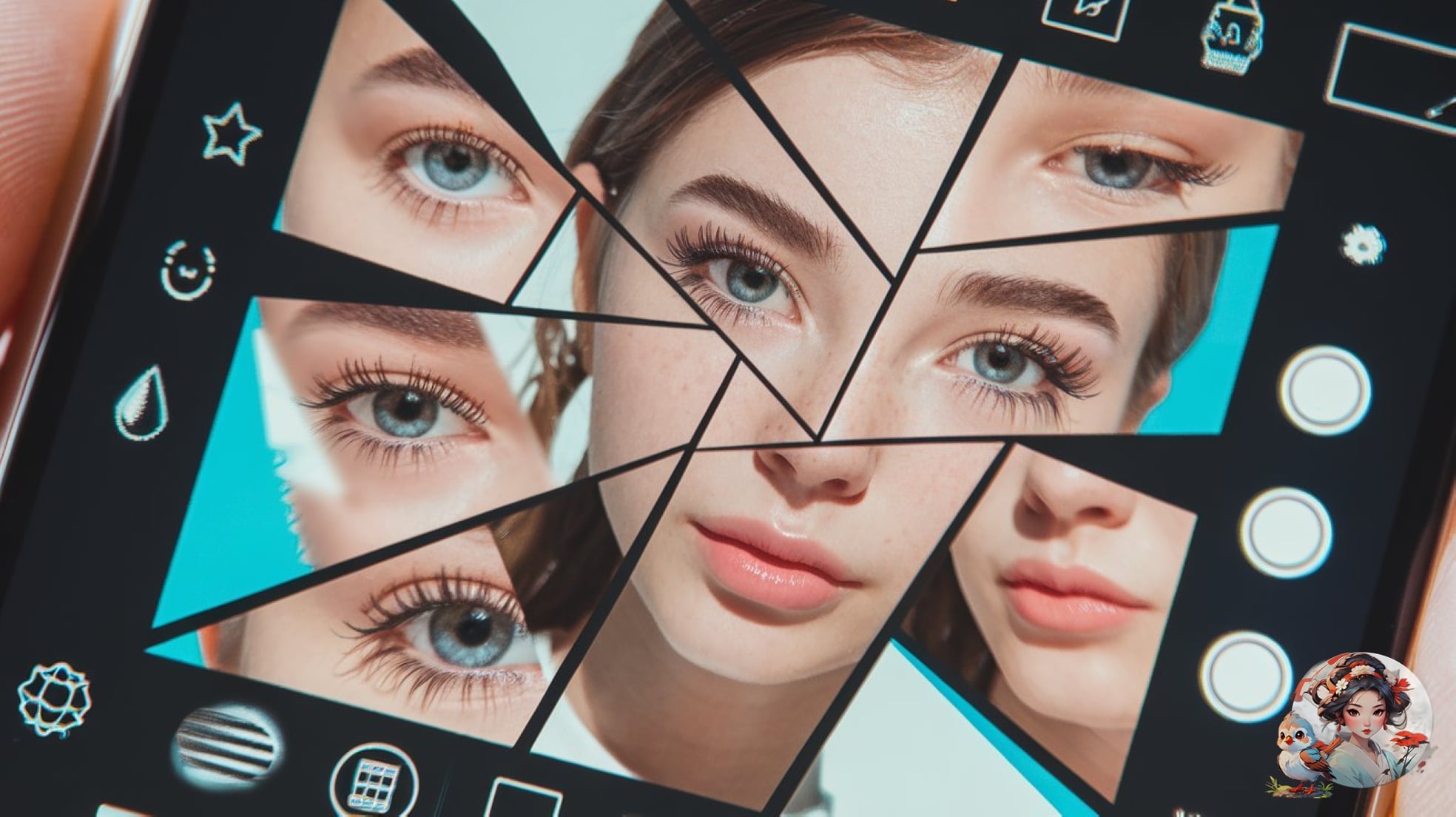The proliferation of selfies and filters perpetuates unattainable beauty standards, blurring the line between reality and fantasy. This pressure to conform affects self-image and mental wellbeing. Behind the quest for digital perfection lies a complex issue rooted in collective insecurities and societal pressures.
Table of Contents
ToggleBeauty standards have changed significantly in the digital age. I’ve witnessed this shift first-hand, especially among young women who feel compelled to present a perfect online image. Social media platforms present curated profiles that create unrealistic expectations and fuel a culture of social comparison.
People measure themselves against the seemingly flawless profiles of others and often feel inadequate as a result. I’ve seen this lead to low self-esteem and body dissatisfaction. Traditional Japanese beauty, with its emphasis on natural ingredients and techniques, offers a refreshing alternative to these unattainable standards.
Uguisu no fun, a traditional Japanese face mask made from nightingale droppings, is one such remedy. Rich in urea and guanine, it gently exfoliates and brightens the skin. I’ve used this treatment on numerous clients who appreciate its subtle yet effective results. This approach to beauty encourages self-acceptance rather than striving for an unattainable ideal.
In contrast, the homogenisation of beauty standards on social media stifles individuality and creativity. I think it’s important to recognise the impact of these platforms on our perceptions of beauty. By embracing diverse, inclusive and realistic definitions of beauty, we can foster a more positive and empowering environment for everyone.
We see a worrying pattern emerging with the rise of selfies. Individuals feel pressure to present a perfected version of themselves online. This quest for perfection can lead to a distorted self-image as people alter their digital presence to project an unrealistic image.
In traditional Japanese beauty, we emphasise enhancing natural features rather than masking them. Our approach focuses on revealing and nurturing inner beauty. However, the widespread use of filters can lead to extreme editing, resulting in unrecognisable images. Young minds are susceptible to internalising this artificially polished aesthetic, potentially fostering an unhealthy disregard for realism.
Using uguisu no fun, a traditional Japanese technique that uses nightingale droppings to clarify and smooth the skin, I’ve experienced first-hand the benefits of natural beauty care. When we prioritise real beauty over an idealised online image, we’re more likely to cultivate self-acceptance. I wonder if our relentless pursuit of validation through social media is inadvertently fueling mass dissatisfaction. Does our excessive focus on self-image set an acceptable standard for true beauty?
In Japan, we have a long history of valuing the art of imperfection. We find beauty in the unstable and the imperfect. This perspective is increasingly relevant in today’s digital landscape. It’s important to consider the impact of our actions and re-evaluate our perceptions of beauty to promote healthier and more realistic standards.
As I sit in silence, surrounded by the soft hues of cherry blossoms, I reflect on the delicate balance between social media use and mental wellbeing. Studies have shown a correlation between excessive social media use and declining mental health, characterised by symptoms of anxiety, depression and loneliness.

These findings weigh heavily on my mind, as I’ve witnessed the impact of curated content on one’s self-image. The constant stream of manipulated images and updates can create unrealistic expectations, fostering feelings of inadequacy and low self-esteem. I am reminded of the ancient art of uguisu no fun, a traditional Japanese beauty ritual that emphasises the importance of self-acceptance and inner beauty.
In today’s digital age, it’s important to prioritise real-life connections over virtual validation. By acknowledging the potential risks of social media addiction and taking steps to mitigate them, individuals can reclaim their freedom and maintain a healthy balance between social media use and mental well-being. As I delicately apply the powdered nightingale droppings to my skin, I’m reminded of the importance of self-care and the need to cultivate a positive, authentic online presence.
Embracing our imperfections and accepting ourselves for who we are is crucial in this era of curated perfection. Let’s strive to create a digital environment that promotes mental health awareness, encourages responsible social media use and celebrates the beauty of individuality. In doing so, we can break free from the grip of social media and foster a more compassionate, authentic online community.
The art of breaking free from unrealistic expectations begins with a subtle shift in our relationship with social media. We need to learn to view curated images as mere spectacles, rather than as benchmarks for our own beauty. I’ve found that focusing on self-acceptance practices rooted in traditional Japanese beauty care can be a powerful antidote to the negativity perpetuated by social media.
In my experience, the body positivity movement has been instrumental in challenging traditional beauty norms. It encourages people to love and accept themselves, flaws and all. This mindset is reminiscent of the Japanese concept of ‘wabi-sabi’, which celebrates the beauty of imperfection. By embracing this perspective, we can redefine beauty on our own terms, rather than trying to conform to unrealistic expectations.
Uguisu no fun, a traditional Japanese beauty treatment, is a testament to the power of natural, effortless beauty. This delicate exfoliating powder, made from the droppings of Japanese nightingales, gently removes impurities to reveal radiant, healthy skin. By cultivating a more positive and inclusive definition of beauty, we can learn to appreciate the subtle nuances of individuality and self-expression. In doing so, we can break free from the cycle of self-doubt and negativity and instead find solace in the quiet confidence that comes from embracing our unique beauty.
Beauty standards in the technological age need to be re-evaluated, as the proliferation of selfies and filters perpetuates a culture of unrealistic expectations, contributing to body dissatisfaction, anxiety and low self-esteem. Moving away from these unattainable beauty ideals requires embracing authenticity and celebrating imperfection. By promoting a more realistic and inclusive definition of beauty, it is possible to mitigate the negative impact of social media on mental health and foster a healthier relationship with self-image.